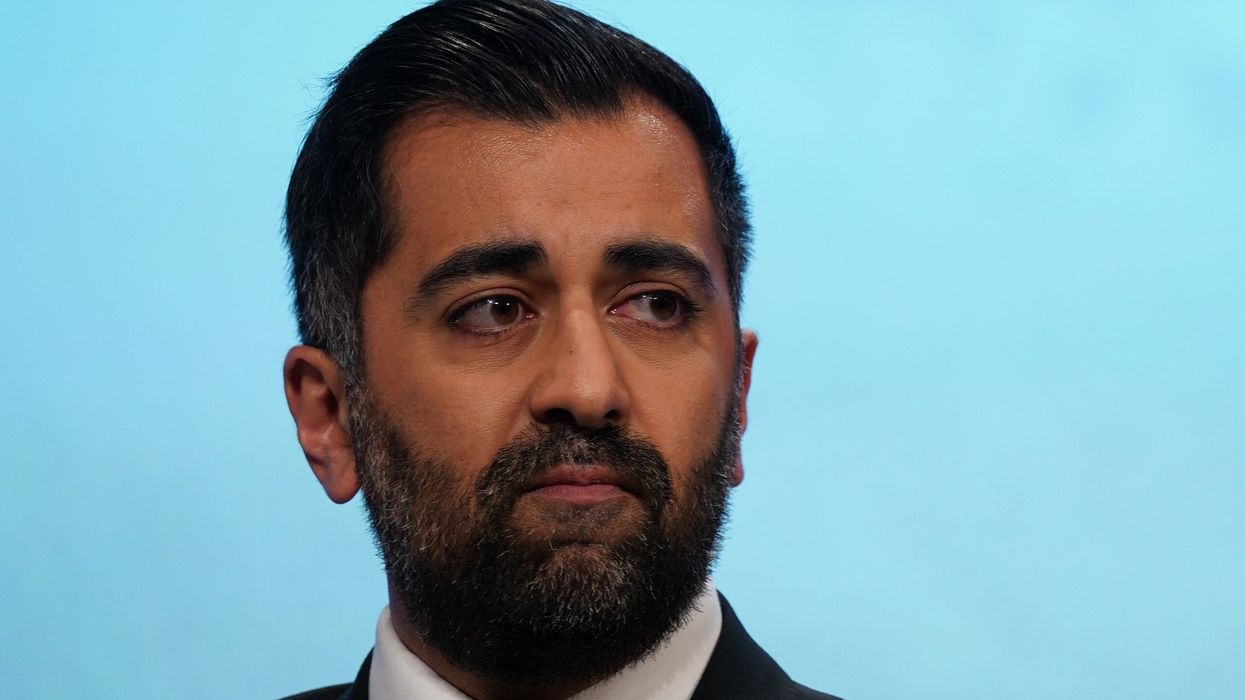Former Scottish first minister Humza Yousaf has said that people who condemn Russia but not Israel are hypocrites.
The SNP leader made this remark to attack prime minister Keir Starmer who criticised Putin after a Russian missile barrage destroyed Kyiv’s main children’s hospital, killing 22 people.
In his post on X, formerly Twitter, Yousaf wrote: “If you rightly condemn Russia for their depravity as they bomb hospitals and kill children, but continue to sell arms to Israel, who have killed over 14,000 children (and counting) and destroyed Gaza’s hospitals with impunity, then you are a hypocrite. Simple.”
When the fighting broke out in Gaza, Labour initially refused to call for an immediate ceasefire in Gaza.
The SNP demanded an end to the fighting in November last year and proposed a parliamentary motion.
Labour's stand led to an erosion of support among Muslim and Left-wing voters.
The party tried to make amends after reverses in the May civic polls, where some of its candidates suffered shock defeats in areas with substantial Muslim population.
But during the recently concluded general election five pro-Palestine independents, including former Labour leader Jeremy Corbyn, who made it a major campaign issue, won their seats.
Only George Galloway, who won Rochdale by-election a few months ago with a pro-Palestine campaign, failed to retain his seat.




